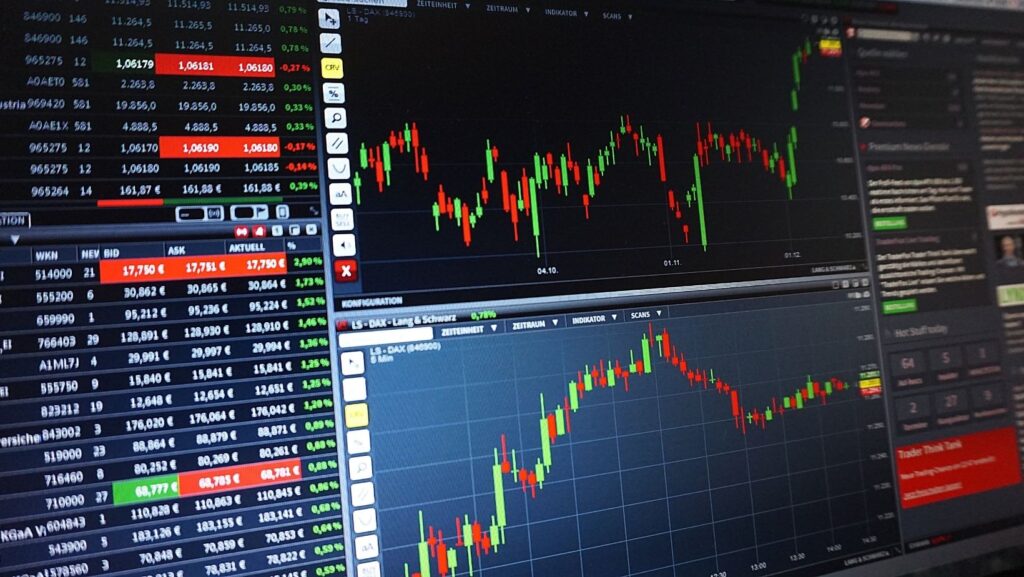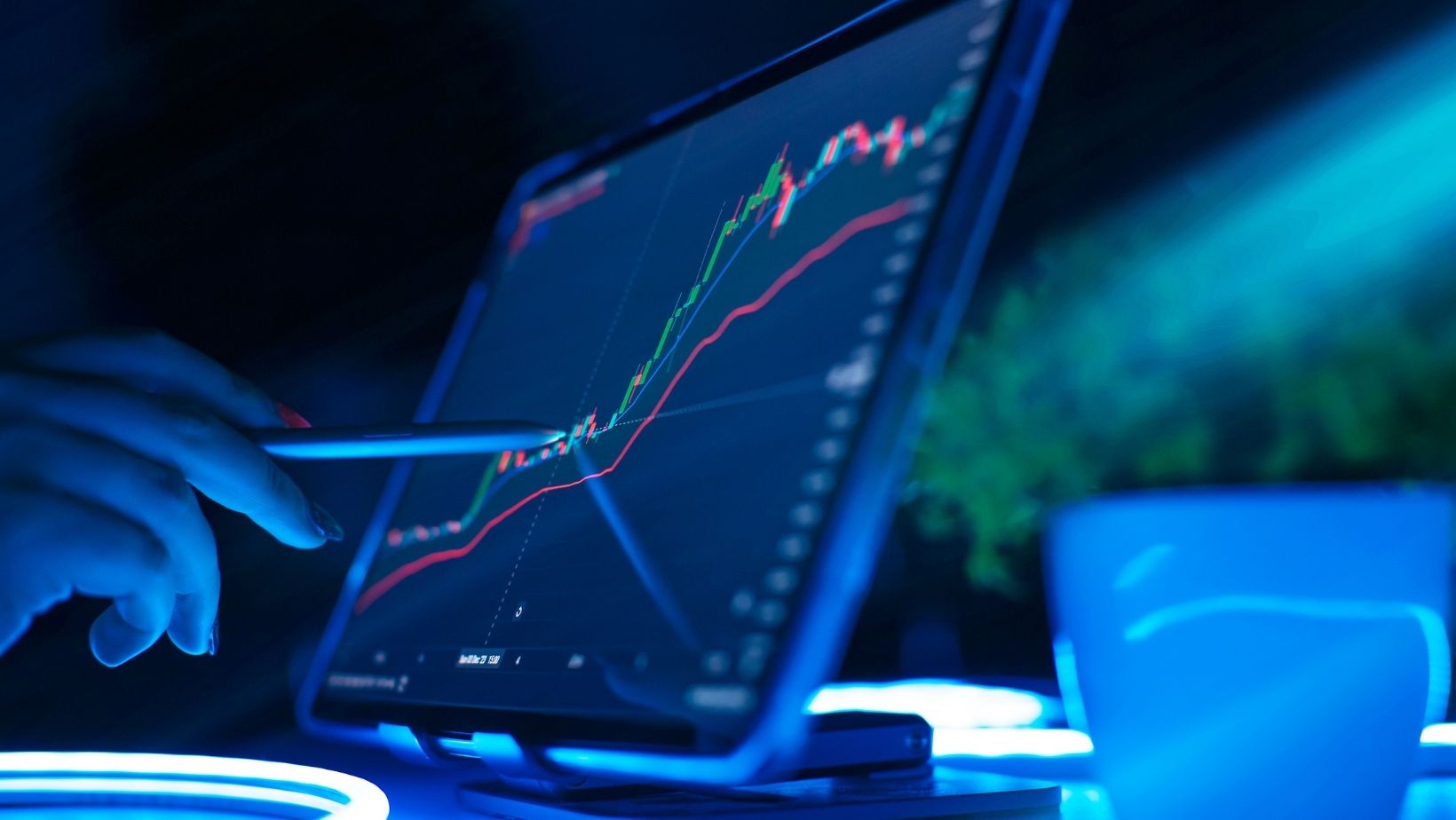Forex trading has attracted many people who want to access larger accounts through funding. Security and steady progress have become bigger concerns as traders handle more capital and face new risks. Simple habits and clear strategies help protect a funded forex account and avoid problems that could slow down growth.
A trader who understands the main risks stays ahead and keeps earnings safe. There are proven steps anyone can follow to build a strong account and avoid common mistakes.
1. Use strong, unique passwords and update them regularly
A forex account contains important information that needs protection from cyber threats. Whether it’s a personal trading profile or a funded account such as a Falcon Funded Forex account, it’s best to create a password that no one can easily guess. Each password should differ from those used for other accounts.
Passwords that mix uppercase and lowercase letters, numbers, and symbols add extra safety. Avoid using personal details like names or birthdays because hackers can find these. Password managers help people create and remember strong combinations.
Regular changes to passwords cut down the risk of old passwords being used in a hack. Set reminders to update passwords every few months.
Multi-factor authentication also boosts account protection. This extra step keeps accounts safe even if someone learns the password. Following these habits protects trading accounts and keeps personal data private.
2. Enable two-factor authentication on your trading platform
Two-factor authentication, or 2FA, adds extra protection to account access. Instead of only a password, a trader must enter a code from their phone or email. This process blocks unauthorized logins even if someone learns the password.
Most trading platforms give users the option to turn on 2FA in their account settings. After logging in, look for a “Security” or “Account” section and follow the instructions. Some platforms offer text message codes, email links, or app-based codes.
Setting up this step usually takes only a few minutes. After activation, the trader needs the second code each time they sign in. As a result, it becomes much harder for hackers to reach the account.
Adding 2FA increases safety and helps traders keep control over their funds. In addition, using 2FA shows the trader takes account security seriously. This small step can prevent account problems and protect both personal details and money.
3. Only trade through regulated and reputable brokers
Securing a forex funded account often depends on smart choices from the start. Traders who use regulated and reputable brokers help protect their funds and data from possible risks.
A regulated broker must follow clear rules set by financial authorities. These rules create a safer trading environment. As a result, traders receive some protection if disputes or issues occur.
In addition, regulated brokers must keep client money separate from company funds. This reduces the chance of losing money if the broker faces problems. Choosing a broker with a good track record also lowers the risk of scams or unfair practices.
Regulatory bodies check that brokers follow fair business practices. This helps traders feel more confident, knowing strict standards guide each trade. Using a trusted broker also makes it easier to focus on trading goals without extra stress.
Therefore, putting your money on a regulated platform gives every trader a stronger foundation on the path to a funded account.
4. Avoid accessing your account on public or unsecured Wi-Fi networks
Public Wi-Fi at cafes, airports, or hotels often lacks good security. Hackers target these networks to steal usernames, passwords, or other personal information. For this reason, logging into a forex funded account from public Wi-Fi can put both funds and private data at risk.
Some cybercriminals set up fake Wi-Fi networks to trick users. If a person connects, it may look safe, but thieves can watch or capture activity. Always double-check the network’s name with staff and avoid using random or generic networks.
Secured home networks or personal mobile hotspots offer much better protection. Using a strong password for Wi-Fi at home and keeping the router’s software up-to-date adds more safety. As an extra step, consider a VPN to protect data while online.
Sensitive accounts like forex platforms should only be accessed from secure internet connections. This practice helps guard against hacking attempts and possible loss of funds.
5. Keep your trading device’s software and antivirus up to date
Regular updates help protect a trading device from new security threats. Software companies often release patches to fix weak points that hackers might use. Delaying these updates leaves accounts and personal information exposed.
Antivirus programs also need frequent updates. Hackers create new malware every day, so outdated antivirus programs cannot spot the newest risks. A device with an updated antivirus will catch and remove threats faster.
Traders should update their operating system, trading platform, and all apps used for trading. Turning on automatic updates helps with this process so nothing gets missed. Even small updates can make a big difference in keeping a trading account safe.
A secure device blocks unwanted access and protects private data. Therefore, updated software and antivirus are some of the easiest steps to stop cyber attacks and lower trading risks. This simple habit gives traders more control over the safety of their funds.
Conclusion
Staying alert and using smart steps helps traders guard their forex-funded accounts from threats. Clear strategies such as strong passwords, two-factor authentication, and risk management play big roles in account safety.
Regular review of account activity also stops problems before they grow. By following these tips, traders can secure their accounts and focus on building skills and results.



More Stories
What is Cloud Security? Key Concepts and Technologies
From Gold Rush to Bitcoin Rush: What History Teaches Us About Modern Investments
Social Media and the Rise of the Online Sports Fan